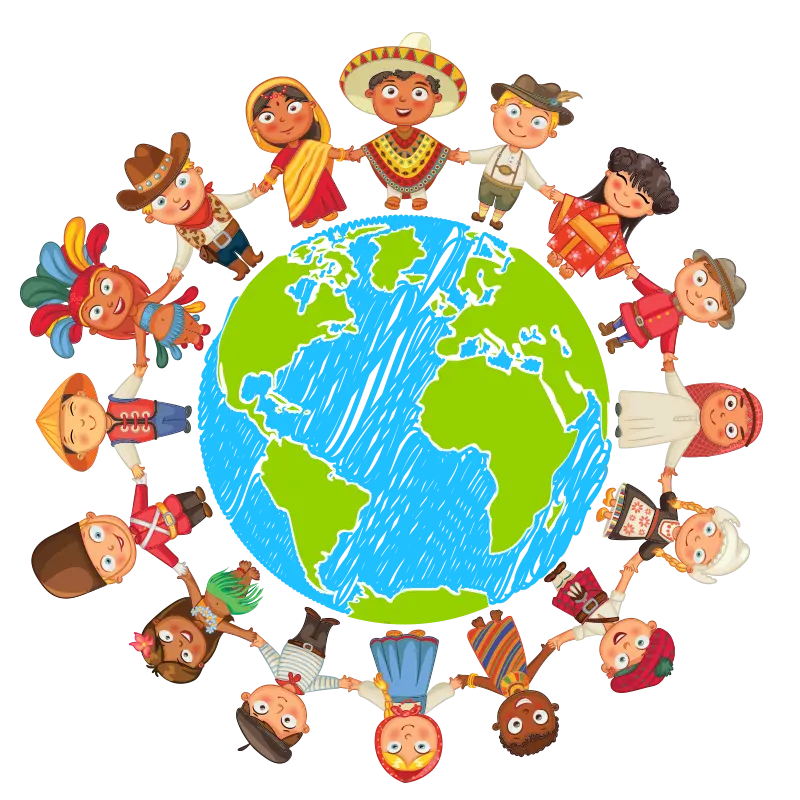What is the culture and identity of cultural?

This post is also available in: العربية (Arabic) فارسی (Persian)
Culture and cultural identity are two basic concepts in the social and human sciences that play an important role in the formation of individual and society. The following is a definition of these two concepts:
1. What is Culture?
Culture refers to a complex set of beliefs, values, customs, arts, language, technology, laws, and lifestyles that are transmitted from one generation to another. Culture includes all aspects of material (such as architecture, clothing, food) and immaterial (such as beliefs, ethics, literature) that make a society’s identity.
Key Features of Culture:
- Transfer: Culture is transferred to future generations through education and socialization.
- Symbolic: Culture is based on symbols (such as language, flag, rituals).
- Valioization: Culture is not static and evolves under the influence of internal and external factors.
- Diversity: Every community or cultural group has unique characteristics.
2. What is Cultural Identity?
Culture Identity refers to the feeling of belonging and identifying a person with a particular culture. This identity is formed through the following factors:
- Language (such as Persian, Turkish, Kurdish).
- Religion and beliefs (such as Islam, Christianity, Buddhism).
- Customs and rituals (such as Nowruz, Eid al -Adha, Carnavals).
- Shared History and Heritage (such as myths, national champions).
- Art and Literature (such as music, poetry, cinema).
Cultural identity helps people know “who” and how to communicate with others. This identity can be defined at different levels (national, ethnic, family).
3. The relationship of culture and identity
- Culture acts as a general framework of the behaviors and values of a society, while the cultural identity of the individual or collective perception of that framework.
- Cultural identity can be multilayer; For example, a person at the same time has an Iranian, Islamic, and universal identity.
- Cultural conflicts occur when individual identity contradicts the dominant identity of society or other groups (such as immigrants or ethnic minorities).
4. The importance of cultural identity
- Social cohesion: Share identity helps to create solidarity in society.
- Maintaining diversity: Respect for different cultural identities prevents the unity of the world.
- Resistance to Globalization: Some societies resist the dominant global culture (such as Americanization) to preserve their identity.
5. Challenges of cultural identity in today’s world
- Globalization: The expansion of dominant cultures (such as Western) may undermine local identities.
- Immigration: People in new societies are sometimes in conflict between the main identity and the new identity.
- Technology: Social networks can both strengthen cultural identity and make it rapidly.
Conclusion
Culture is a system of meanings that define society, and the cultural identity is how to understand and express that system by individuals or groups. Maintaining and respecting cultural diversity is essential for the balance in today’s world.
If you would like to know more about the specific aspects of culture or cultural identity (such as its impact on art, politics, or education), read more about the cultural content of the website.

دیدگاه های نامرتبط به مطلب تایید نخواهد شد.
از درج دیدگاه های تکراری پرهیز نمایید.